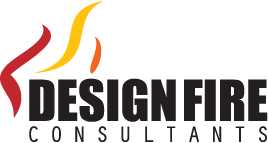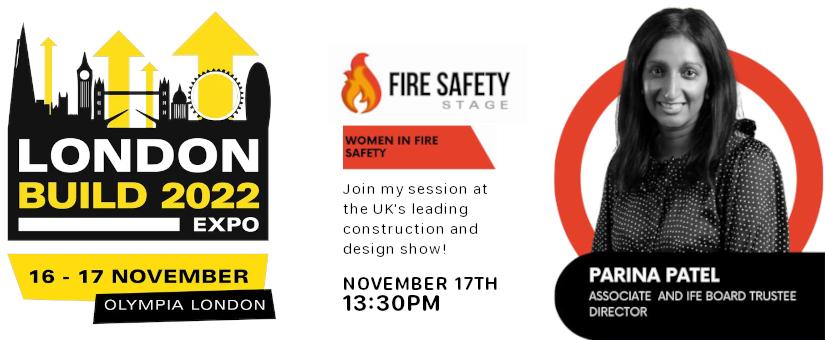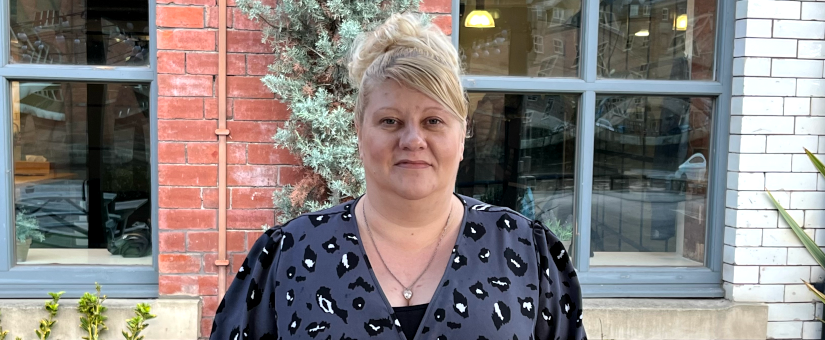
Thoughts and Tips on Becoming a Chartered Engineer (CEng)
At DFC, we celebrate, encourage and support our staff on their journey toward professional career development progress. Iain Macfarlane, Director, has recently been awarded Chartered Engineer status (CEng) and here are a few thoughts from him.
Is there any advice you would pass on to someone considering professional registration?
Start early and do a little, often.
I found the CEng process quite a daunting task in the end because I’d left it so long, which inevitably meant I continued to put it off. I had to really force myself to get it over the line because there is always something else that you can do instead. Life has a habit of getting in the way. I started the process in my mid-20’s and wish I’d have kept that momentum up. I ended up leaving it until this year and I’ve just turned 40 (sshhhh don’t tell anyone).
Keep monthly records of your CPD because that will make life a lot easier when it comes to compiling your last three years of CPDs as part of the application process. It will also be required if you get audited.
When you complete a project, make some notes about your IPD objectives. If you aren’t sure what IPD objectives you have been hitting, then it helps to get a mentor or colleague to discuss the project with you. I know a lot of people find it difficult to talk about their achievements in the first person and often it takes someone else to point out what objectives have been met. Once you gain a bit of momentum in logging your objectives, there is light at the end of the tunnel, it does get easier after you have done a few.
Put aside some time each month to work on it, treat it like a project, and be disciplined. I didn’t do this and the only way I could get it over the line, with having a young family and home responsibilities, was to carve out hours and hours, late at night when everyone else was in bed, and work until the early hours of the morning on my career episode report, technical report and IPD objectives.
What contributed to your decision to become professionally registered?
A combination of things; my role in DFC, peer pressure, but more importantly a wider desire to demonstrate my competence in the industry. My role in DFC is to encourage others in being the best they can be, and support career progression of the team. Inevitably this involves benchmarking of professional qualifications including a push for all engineers to achieve Chartered Engineer status. It is not lost on me that the elephant in the room was that I hadn’t done mine, and therefore there was a certain irony in encouraging the team to go for their CEng qualification. I’m happy to have addressed that now and I’m willing to help others on that journey. Plus, I was reminded by my fellow management team on a monthly basis that I needed to sort it, and I was getting bored of the prodding!
More widely, I think the Grenfell incident and subsequent enquiry shone a bright light on the level of competence (or lack thereof) in our industry and I did not want to be accused of operating in an arena in which I was not competent. Whilst I’m sure it is not true that every Chartered Engineer is competent, I do firmly believe that every competent engineer should be Chartered. I do believe that I am competent to perform my role, but without obtaining my Chartered Engineer status how could I demonstrate that externally?
In what ways has registration benefitted your career?
Speaking candidly, it hasn’t… yet.
I’ve had enough drive and determination in my career to work on the type of projects I wanted to work on, to undertake the type of performance-based engineering that enables good design, and to help build a successful business without obtaining Chartered Engineer status. However, I’m under no illusion that will be the case forever.
The fire safety engineering world is changing, legislation is changing, the definitions of responsibility and competence are changing, and obtaining Chartered Engineer status now is just the beginning of that journey. I can see other levels of qualifications being required, to work on specific building types (HRRBs for example), and it would have soon become untenable to undertake my role without CEng status. So, I’m glad to have finally achieved it and I can look firmly ahead to the next challenges we face in our industry.
- Posted by Design Fire Consultant
- On 30th November 2022



0 Comments